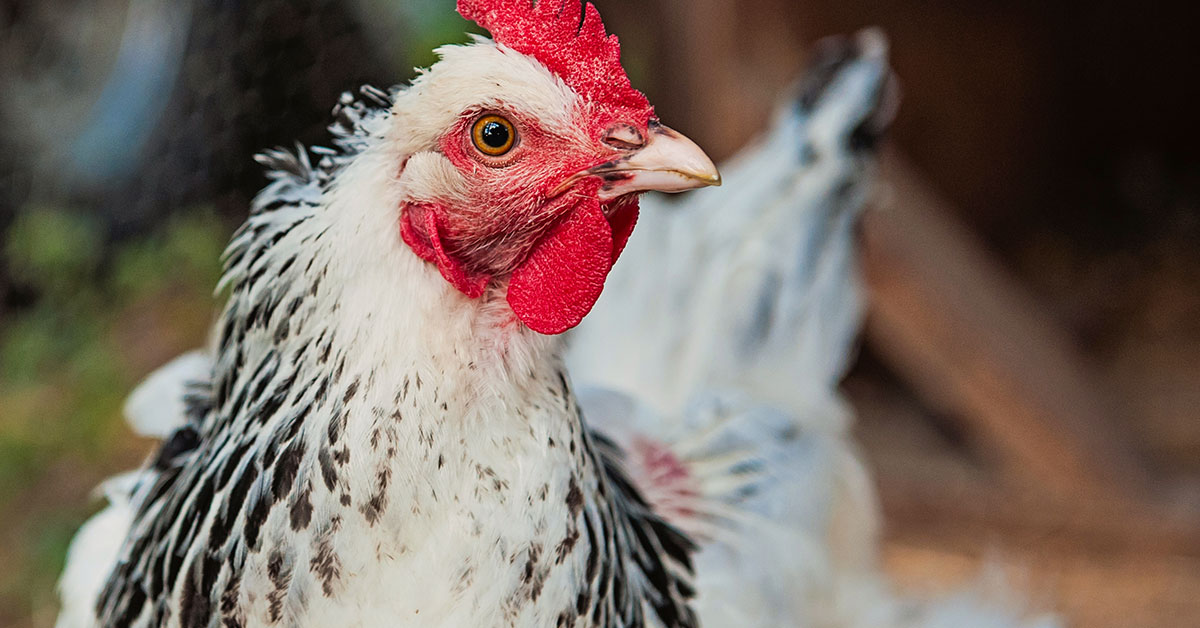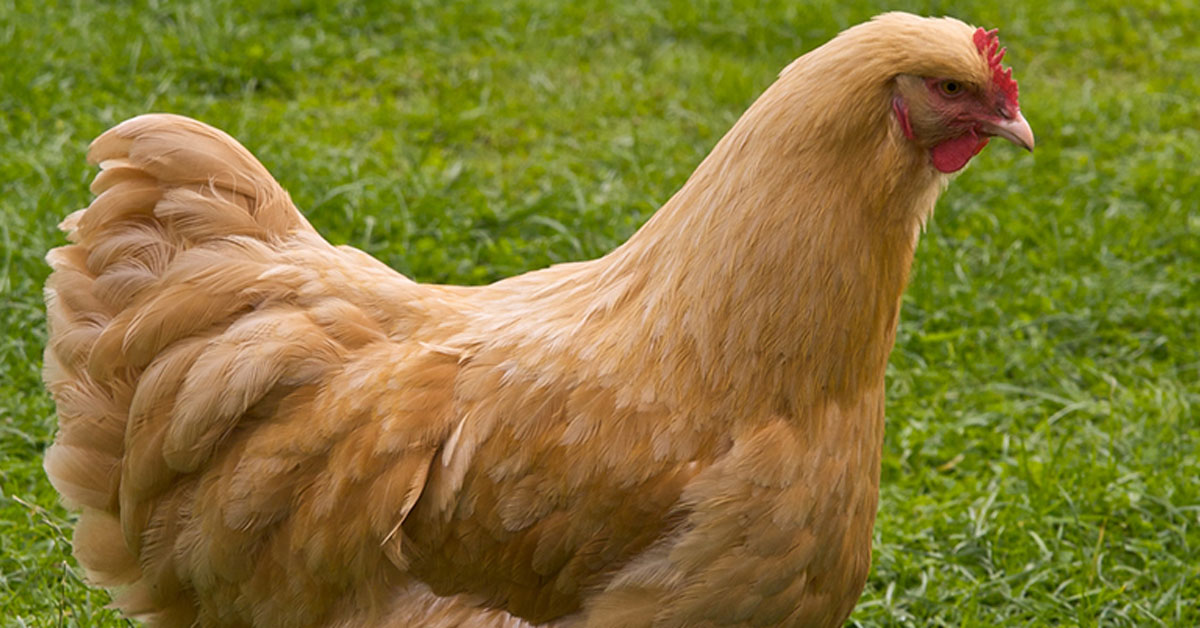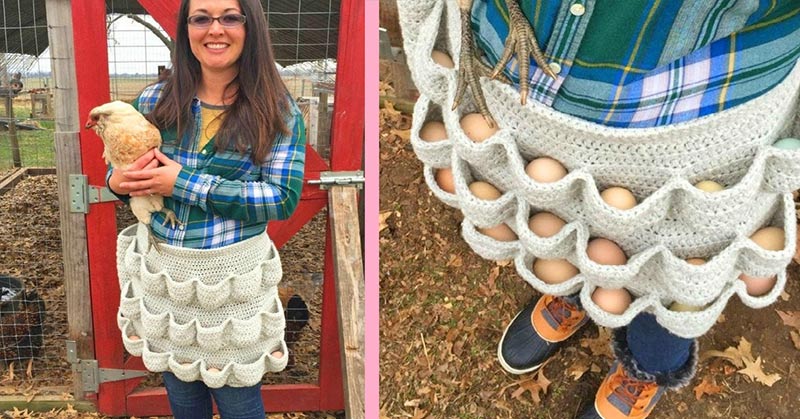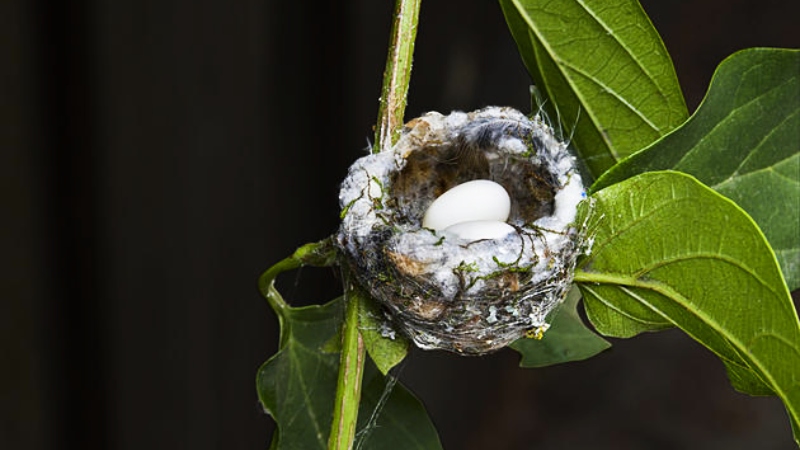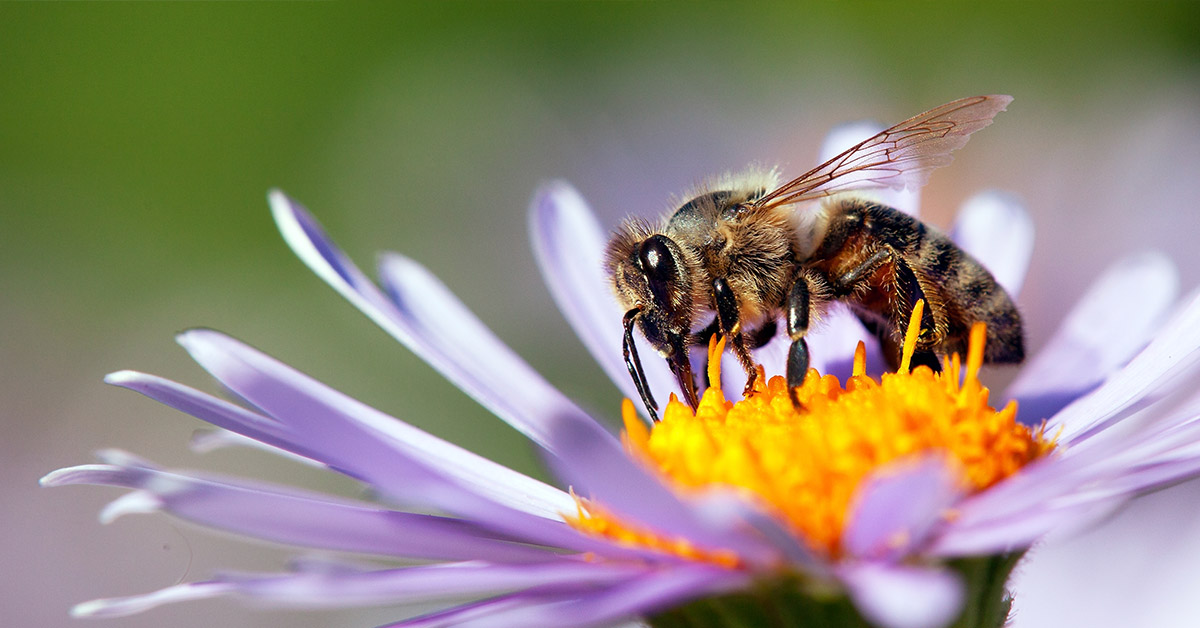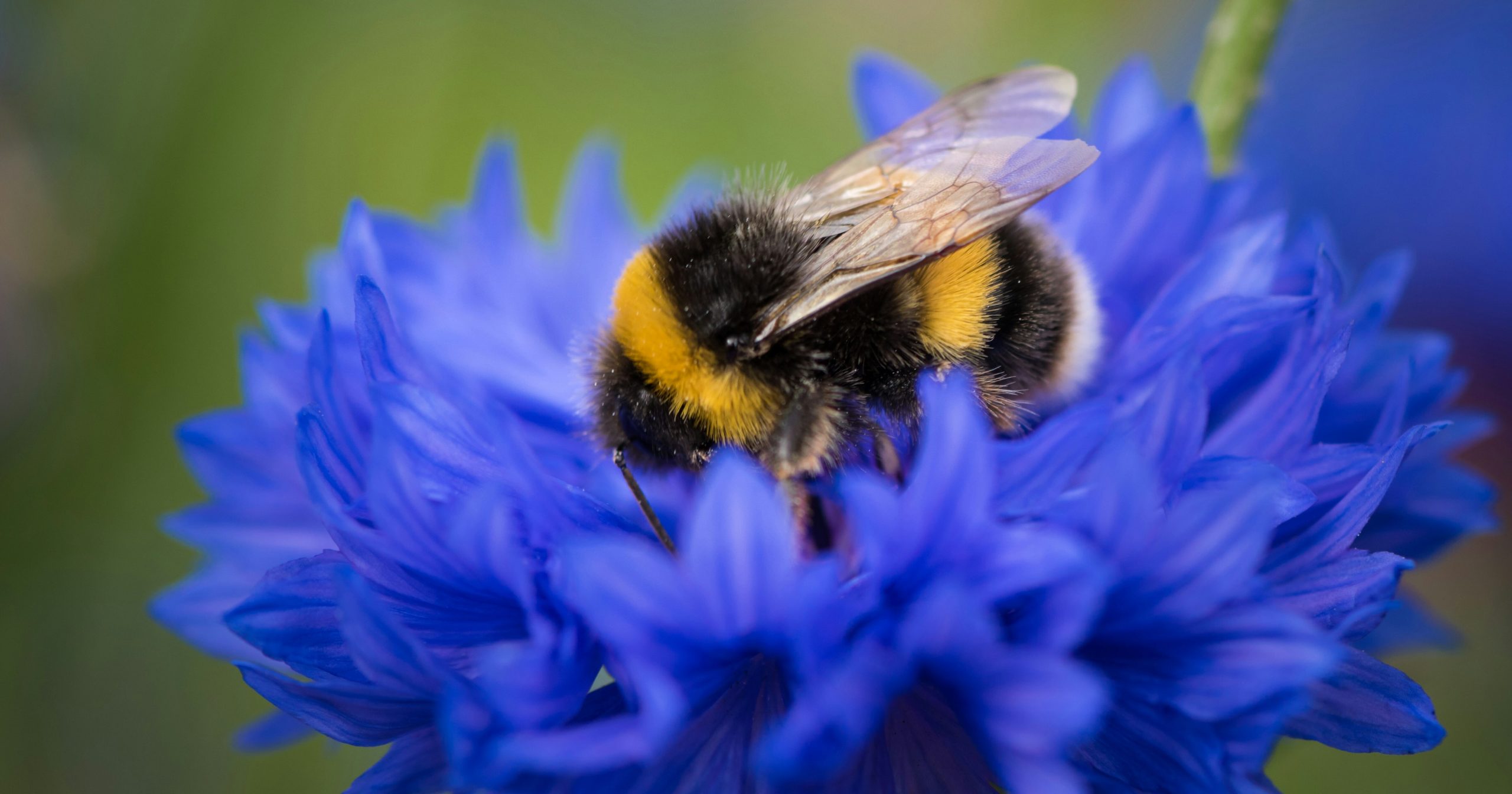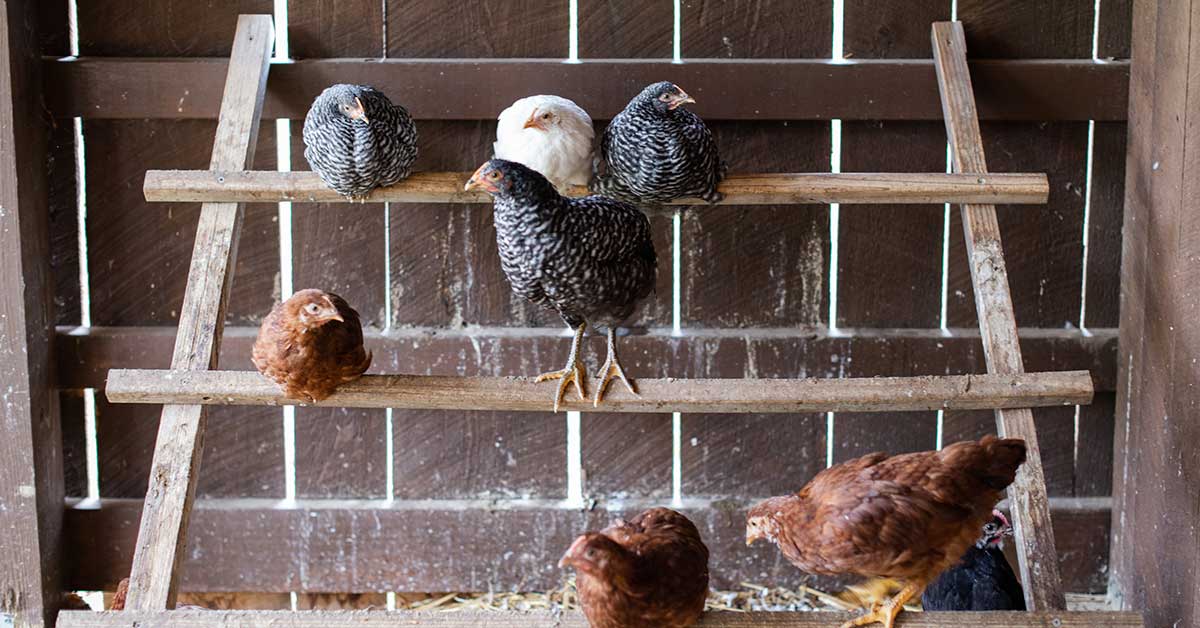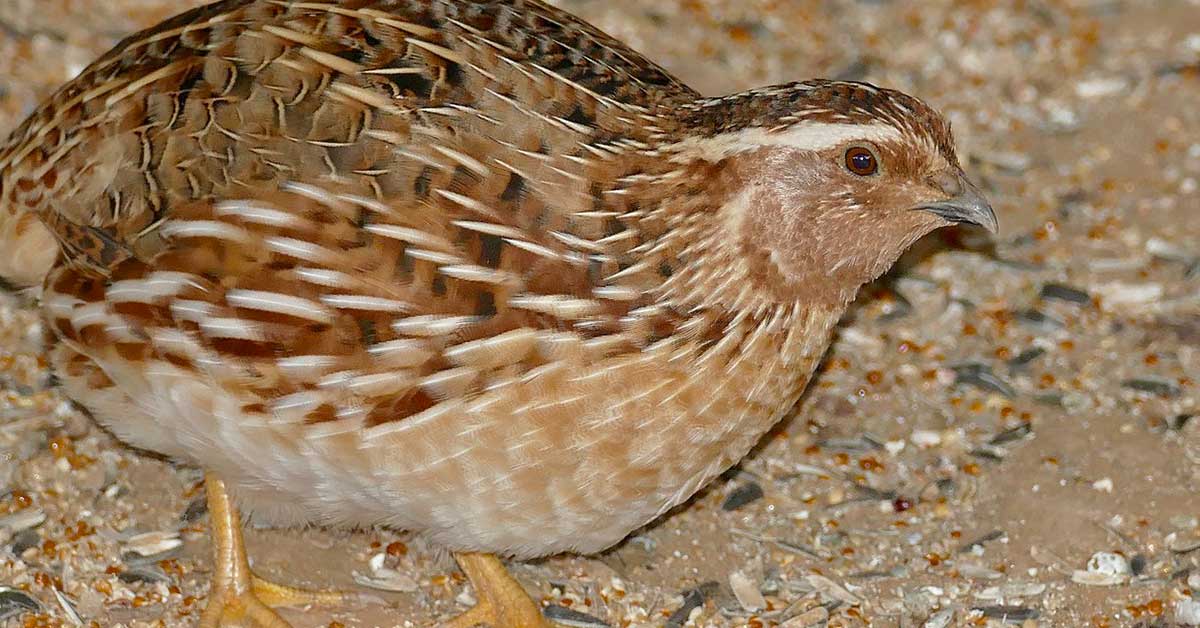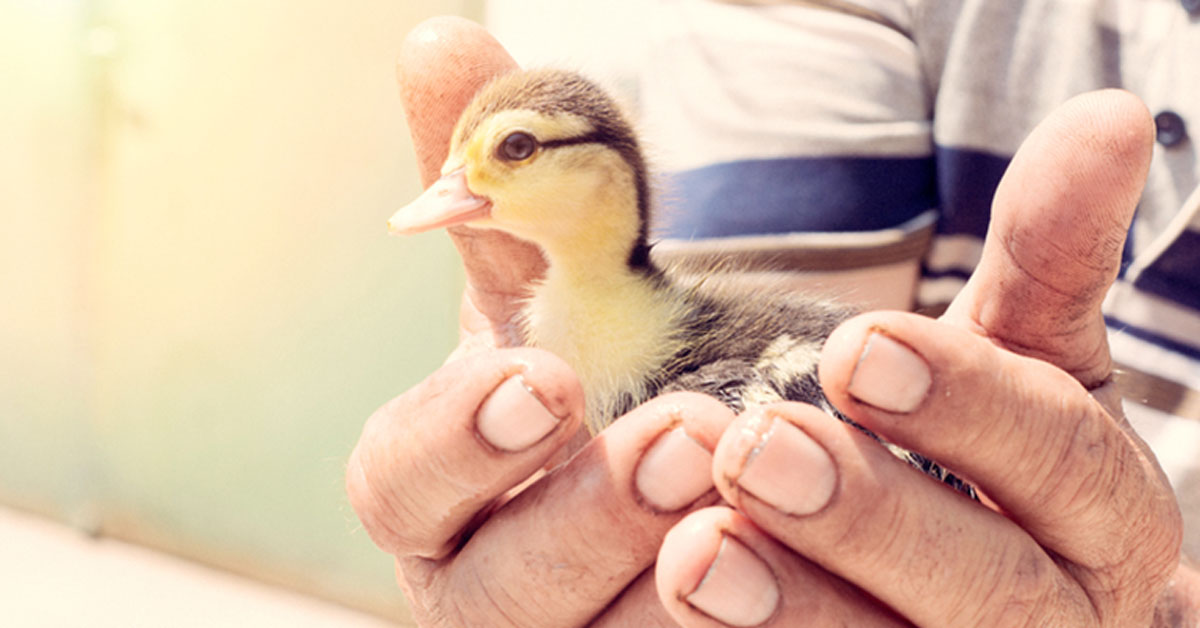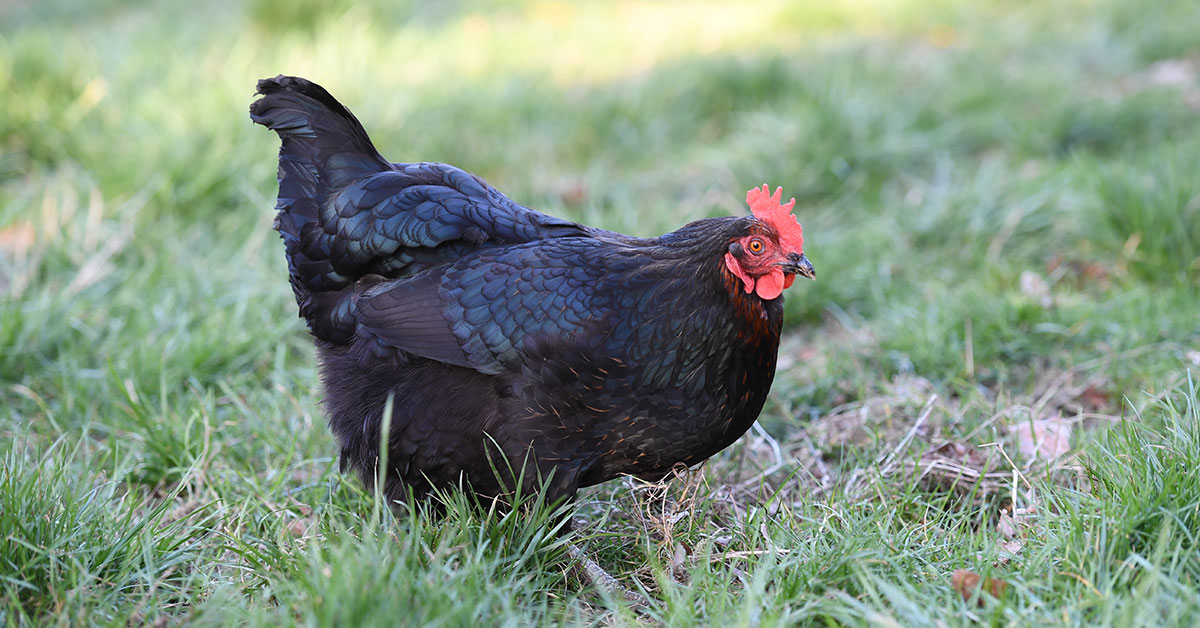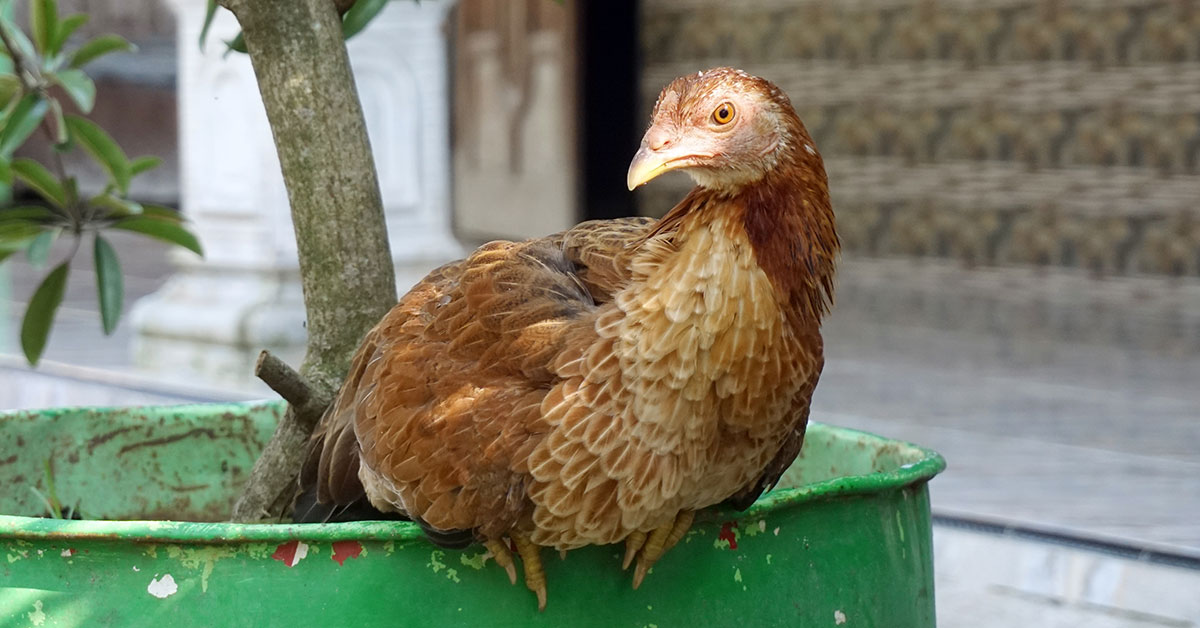In the world of poultry enthusiasts and farmers alike, one breed stands out for its rich history, exceptional beauty, and remarkable versatility—the Delaware chicken. Hailing from the eastern coast of the United States, Delaware chickens have long captured the hearts of those who appreciate a breed that excels in both utility and aesthetics. With their striking appearance, friendly temperament, and impressive egg-laying capabilities, these birds have become a favorite among poultry keepers seeking a breed that embodies the best of both worlds.
In this article, we delve into the world of Delaware chickens, exploring their fascinating history, notable characteristics, and the reasons behind their enduring popularity. Whether you’re an aspiring poultry keeper, an admirer of heritage breeds, or simply curious about the diverse world of chickens, join us as we unravel the charm and allure of Delaware chickens and discover why they continue to hold a special place in the hearts of poultry enthusiasts worldwide.
What is a Delaware chicken?
A Delaware chicken is a breed of domestic chicken known for its distinctive appearance, dual-purpose qualities, and historical significance. It is named after its place of origin, Delaware, a state located on the eastern coast of the United States.
Delaware chickens are medium-sized birds with a sturdy build and balanced proportions. They have a broad, deep body and a moderately long neck, which gives them an elegant and robust presence. The breed’s plumage is striking, featuring a white base color with contrasting black feathers on the neck, tail, and primary flight feathers. This striking black-and-white pattern sets them apart from many other chicken breeds and adds to their visual appeal.
Notably, Delaware chickens are known for their friendly and docile temperament, making them suitable for both small-scale backyard flocks and larger farming operations. They adapt well to various climates, which adds to their versatility as a breed.
Delaware chickens are highly regarded for their dual-purpose capabilities, excelling in both meat production and egg laying. They are known to produce flavorful, tender meat, making them a popular choice among poultry enthusiasts who appreciate farm-to-table dining experiences. In terms of egg production, Delaware hens are reliable layers of large brown eggs, known for their excellent quality and consistent supply.
Breed origins
The breed’s history dates back to the mid-20th century when it was developed by George Ellis and continued by Arthur Jones in Delaware. They selectively bred Barred Plymouth Rock chickens with New Hampshire chickens to create the Delaware breed. Originally intended as a dual-purpose bird, the Delaware chicken gained recognition for its exceptional qualities and found a place in both agricultural and exhibition settings.
Today, Delaware chickens continue to be cherished by poultry keepers and breeders who appreciate their historical significance, striking appearance, versatile qualities, and friendly demeanor. Whether you’re a backyard enthusiast, a small-scale farmer, or a poultry aficionado, the Delaware chicken remains an appealing choice, embodying a harmonious blend of beauty, functionality, and heritage.
Breed facts
Delaware chickens, with their striking appearance, dual-purpose qualities, and historical significance, have captivated the hearts of poultry enthusiasts and farmers around the world. In this section, we delve into the fascinating breed facts that define these medium-sized birds.
- Average Lifespan: Delaware chickens have an average lifespan of 5 to 8 years. However, with proper care, nutrition, and a predator-free environment, some individuals may live longer.
- Size and Weight: The breed is considered a medium-sized chicken. The average weight of an adult Delaware hen ranges from 5.5 to 6.5 pounds (2.5 to 3 kilograms), while roosters generally weigh between 6.5 and 8 pounds (3 to 3.6 kilograms).
- Egg Production: Delaware hens are known for their dependable egg-laying abilities. On average, a healthy Delaware hen can lay approximately 150 to 200 large brown eggs per year. However, factors such as diet, lighting conditions, and individual variation can affect egg production.
- Temperament: Delaware chickens are known for their friendly and docile temperament. They are generally calm and easy to handle, making them a suitable choice for families, beginners, and those seeking a breed with a gentle disposition.
- Dual-Purpose Qualities: Delaware chickens are highly regarded as a dual-purpose breed, excelling in both meat production and egg laying. They are valued for their flavorful and tender meat, as well as their consistent egg production.
- Feeding and Care: Delaware chickens have average dietary requirements similar to other chicken breeds. They thrive on a balanced diet consisting of high-quality poultry feed, supplemented with fresh fruits, vegetables, and occasional treats. Access to clean water and a comfortable coop or housing is essential for their well-being.
- Hardy and Adaptable: Delaware chickens are known for their adaptability to different climates and environments. They are hardy birds that can withstand both cold and hot weather conditions, making them suitable for a variety of geographical regions.
- Feathering and Appearance: Delaware chickens exhibit a distinctive black-and-white feather pattern. Their plumage consists of a white base color, while the neck, tail, and primary flight feathers display bold black barring. This striking contrast adds to their visual appeal and sets them apart from other breeds.
- Broodiness: Delaware hens are not particularly prone to broodiness, which refers to their inclination to sit on eggs and incubate them. This characteristic can vary among individuals, but overall, they are known to be less broody compared to some other chicken breeds.
- Heritage Breed: Delaware chickens hold historical significance, as they were developed in the mid-20th century in Delaware, USA. They are considered a heritage breed, valued for their cultural heritage and contributions to sustainable poultry farming.
These facts provide a glimpse into the characteristics and attributes of Delaware chickens, highlighting their adaptability, productivity, and distinctive appearance. Whether you’re considering them for their meat, eggs, friendly disposition, or historical value, Delaware chickens offer a well-rounded choice for poultry enthusiasts and farmers alike.
